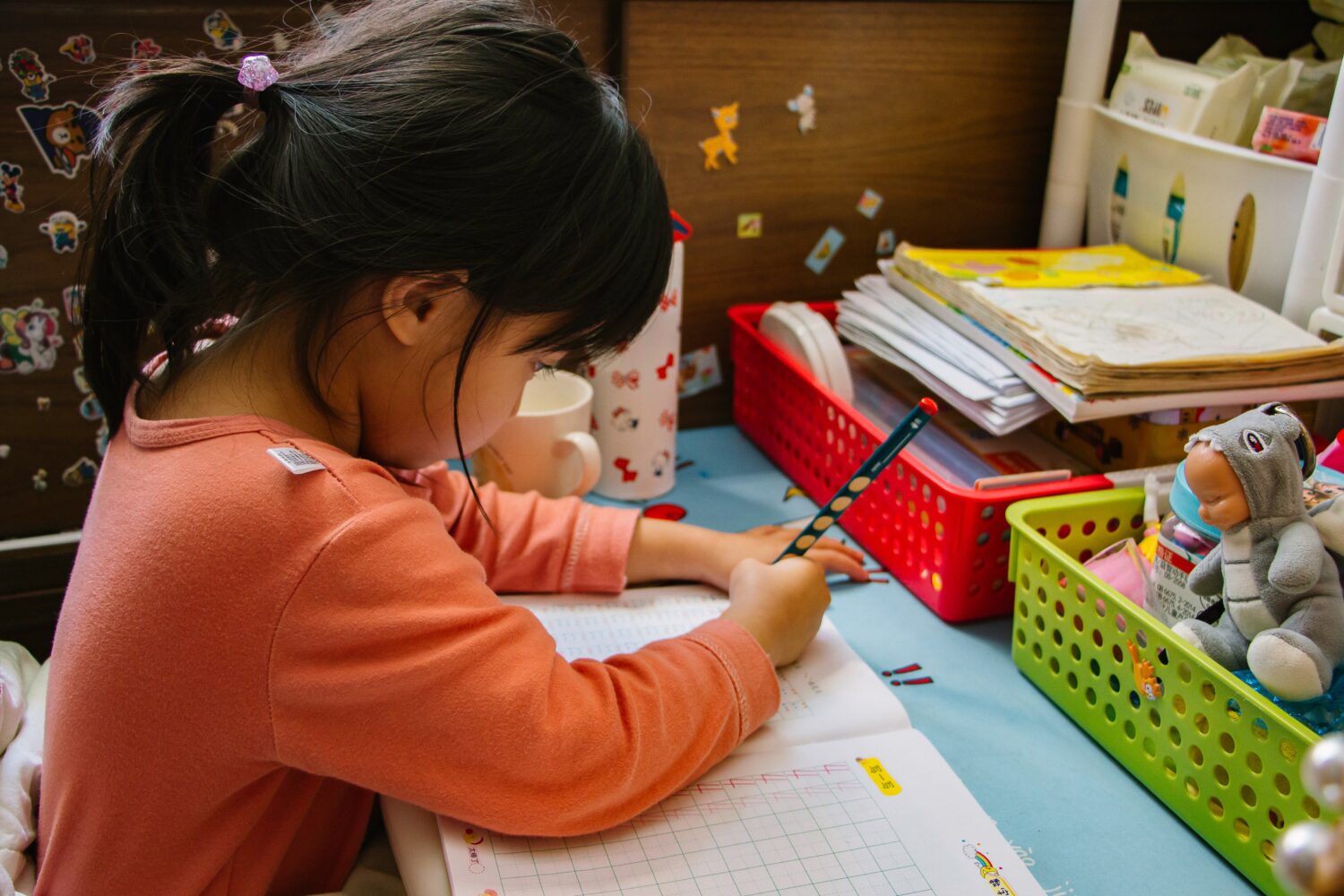A national scandal
The pandemic had a profound impact on children in their early years, writes Sylvia McNamara
The Covid-19 pandemic was, first and foremost, a human tragedy. It cut short hundreds of thousands of lives in the UK alone. It also had profound economic and social impacts, many of which are well-documented. But there is one aspect which has so far received little attention: the effect on children in the early years of their life.
Research I carried out with my fellow councillor, Jenny Headlam-Wells, sheds new light on this troubling legacy. Our findings suggest that three-year-olds are likely to be held back throughout their schooling because they missed out during Covid lockdowns.
We interviewed a total of 49 officers and early years practitioners – including teachers, two headteachers and nursery workers. We found that they were deeply concerned about functioning levels of children post-pandemic compared to similar aged children from similar backgrounds pre-pandemic. They talked about children having language difficulties of a type and form that they had not encountered before.
One told us: “We have two children who are completely non-verbal – no language at all – and these are not from families whose first language is not English. They just haven’t developed any language during the pandemic, and the rest have very little language. Compared to two years ago they are at a much lower level.”
Another said: “We have had lots of referrals for speech and language – stammers, speech delay, dyspraxia – we never had this before.”
They noted that whilst all children were impacted in this way, those from disadvantaged backgrounds were impacted more negatively, and were taking much longer to adjust, so that the gap between advantaged children and disadvantaged children – which, pre-pandemic, had been closing more quickly than the national average in Camden – was widening again.
Even more shocking was the impact on other areas of children’s development. Challenges included playing with other children, not winning in a game, listening to others, turn taking, using stairs, washing hands, putting coats and shoes on, and being generally afraid of the outdoors.
This, in turn, was having an impact on the practitioners themselves. We were heartbroken by their desperation at being unable to deliver what the children needed.
Practitioners knew that some children needed specific interventions to help with sound production, for example, because they had worked and trained with qualified speech therapists. However, not only were staffing shortages preventing them from offering such interventions, but the sheer number of children needing this help meant they would not have had the physical space required.
They also knew that because the children had missed out on activities – such as the ‘rhyme time’-type singing activities that 18-month to two-year-olds would typically do with grandparents or at sessions in the local leisure centre or library – they needed ‘catch-up’ time to express themselves and practice vocabulary through creative play.
Yet the government catch-up strategy comprised more of the same in the form of more phonics. Phonics form the first national standardised assessment test (SAT) that young children do, typically at the age of seven.
Schools are measured by Ofsted and parents on how well their children do in the SATs, so nurseries attached to primary schools come under a lot of pressure by headteachers to get their children ‘phonic ready’ as they enter reception class as four or five-year-olds.
What practitioners wanted was for the government to publicly recognise that this cohort of children have been badly impacted by Covid and are still behind in their development. More specifically, they need a national catch-up period which is not focused on phonics.
Practitioners were also clear that they needed more staff, including experienced early years professionals, speech therapists to work with parents and children, and nursery nurses and teaching assistants. Thanks to real-terms government funding cuts in education, schools are making classes bigger at a time when they should be smaller. The average pupil-teacher ratio in primary schools and nurseries is currently 27:1. It was 17:1 in 2010/11. The pay is so poor for teaching assistants that many have left to get jobs in supermarkets.
Finally, practitioners want to have the children for longer. As one told us: “We want central government to look at early years funding – there is not enough. It’s such a wasted opportunity when there is so much we could do.”
What is happening in Camden is happening across the country. We have a cohort of children, who, it appears, will move through the school system permanently scarred and disadvantaged as a result of Covid with no-one taking any real notice. This is a national scandal.
Image credit: Jason Sung via Unsplash
Image credit (pinned N&I): Ryan Fields via Unsplash

